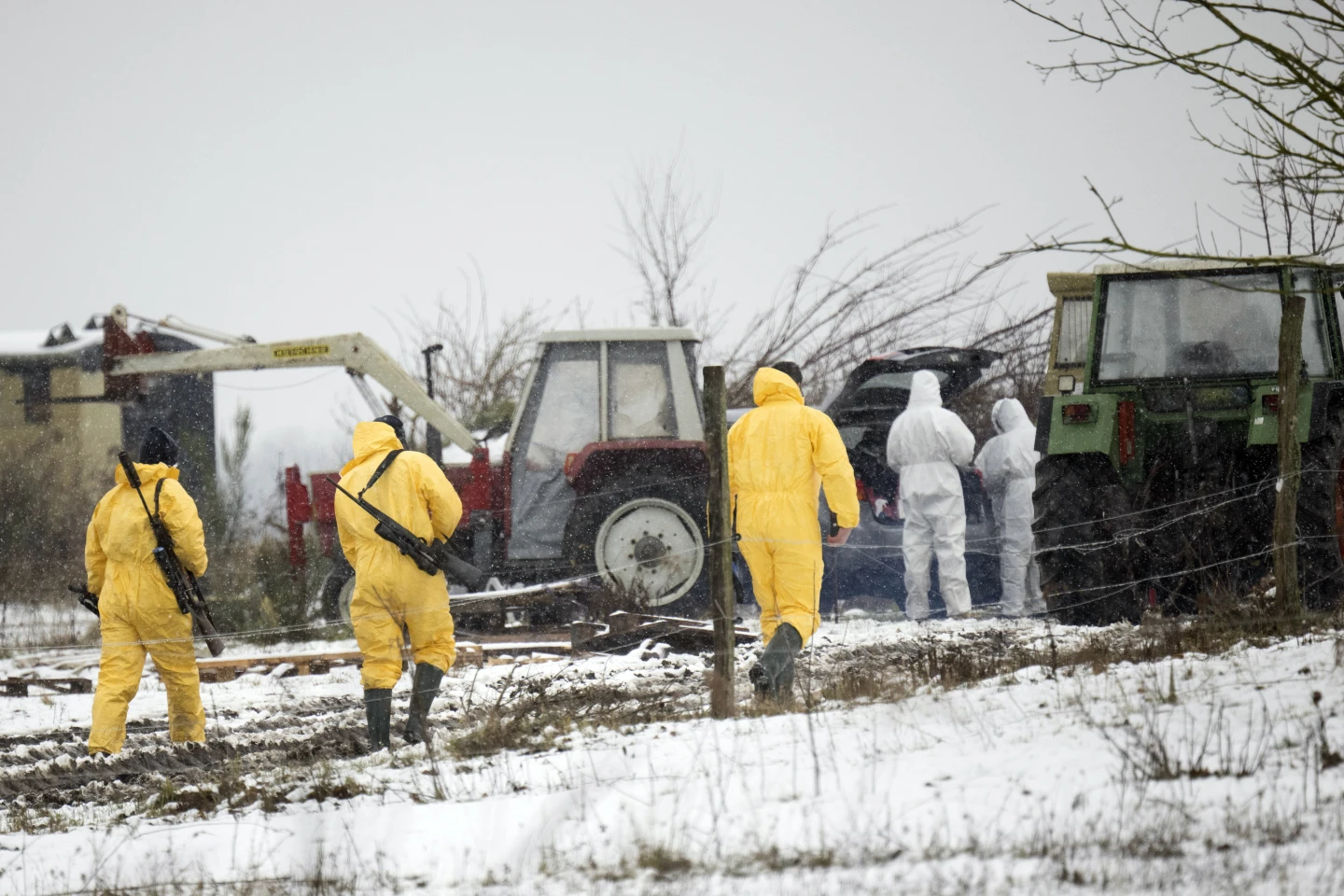Foot-and-Mouth Disease in Germany After 35 Years, Precautionary Measures Around Berlin - Ban on Animal Transport
After the detection of foot-and-mouth disease in a herd of water buffalo near Berlin, animal transport has been banned in the Brandenburg state of Germany, and two zoos in the capital have been closed as a precaution. This is the first outbreak of the disease in Germany in 35 years.
Officials in Brandenburg state reported that on Friday, three out of a herd of 14 water buffalo were found dead at a farm in the town of Hoenow. Germany's national animal health institute confirmed the presence of foot-and-mouth disease in samples from one buffalo, and the entire herd was subsequently culled. It is still unclear how the infection occurred.
A 72-hour ban on the transport of cattle, pigs, sheep, goats, and other animals such as camels and llamas has been enforced from Saturday. Berlin’s two zoos have been closed as a preventive measure. The zoo authorities stated that while the virus is not dangerous to humans, it can adhere to their clothing and be transmitted.
Authorities also mentioned that about 200 pigs at a farm in Ahrensfelde, near the outbreak site, will be culled as a precaution.
Foot-and-mouth disease is caused by a virus that infects cattle, sheep, goats, pigs, and other cloven-hoofed animals. Although mortality rates are generally low, the disease can cause animals to suffer from fever, decreased appetite, excessive drooling, blisters, and other symptoms.
The virus spreads easily through contact and airborne transmission, quickly infecting entire herds. It can also be spread by humans through farming equipment, shoes, clothing, and vehicle tires that have come into contact with the virus.
Germany's animal health institute noted that the last outbreak of this disease in Germany was in 1988, and the last in Europe occurred in 2011.










